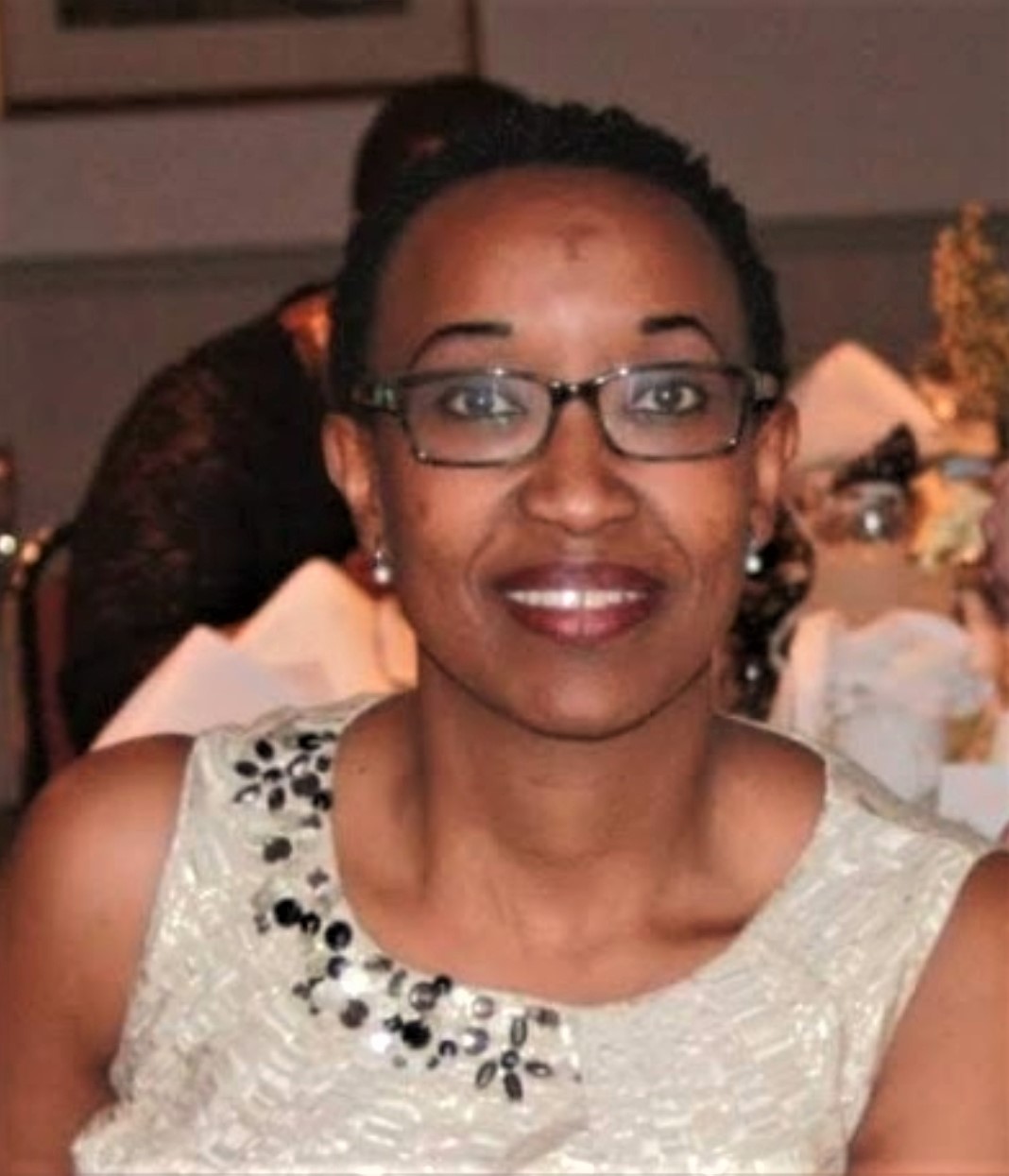
If a call from Children’s Aid is scary for a family under normal circumstances, in a pandemic environment, the stress and anxiety is off the charts.
No one knows this better than Yvette Uwitonze. Yvette has been a child protection worker doing intake for the Francophone unit of the Children’s Aid Society of Ottawa for more than four years. Intake workers play a critical role in child protection, making that sensitive first contact with a family.
“You have to take time to listen,” Yvette says.
Yvette’s empathy is drawn from her own life experience growing up in Burundi. The civil war in the tiny east African nation resulted in lockdowns and food lines.
“Here, people were lining up for toilet paper. There, it was for bread and milk. I have seen what lockdowns mean for people and how trauma can impact families,” she says.
For Yvette, the focus has always been on building trust and connections with families, which has been even more important during the pandemic. She does this by taking the relatively simple but powerful step of acknowledging the trauma inherent in the pandemic and checking first with how the parent is doing, before diving into the purpose of the call and the role of Children’s Aid.
The check-in provides valuable insight into the family’s circumstances — whether there is anxiety about job loss or food scarcity. But it also establishes a connection with the parent by demonstrating concern for their well-being.
During the pandemic, Yvette’s responded to more calls related to domestic violence, physical discipline, and challenges around parental capacity, such as alcohol use or abuse. She recalls the challenges in assessing families and talking to children and youth virtually early in the pandemic and was relieved when Public Health loosened restrictions allowing more in-person visits to start happening again.
A mother of two daughters of her own, Yvette has juggled online school and family responsibilities while working from home and conducting visits. She is also working part-time on a Masters’ degree in Conflict Studies.
As the pandemic wears on, a key challenge is connecting with peers and taking time for oneself. To cope, Yvette has made a practice of taking occasional vacation days to recharge.
“I try to start my day on a positive note, like taking a walk. It’s easy to get isolated, so I reach out to my supportive supervisor or colleagues, especially if I’ve had a challenging call,” Yvette adds.
With Yvette’s bright smile and warm manner, it’s no wonder that she often finds clients growing attached. She recalls with a chuckle the young mom who offered to keep sending photos of her baby, or the father of six who invited her for dinner after a lengthy discussion about a domestic dispute. Yvette is a truly dedicated professional who exemplifies the best of the child welfare sector.